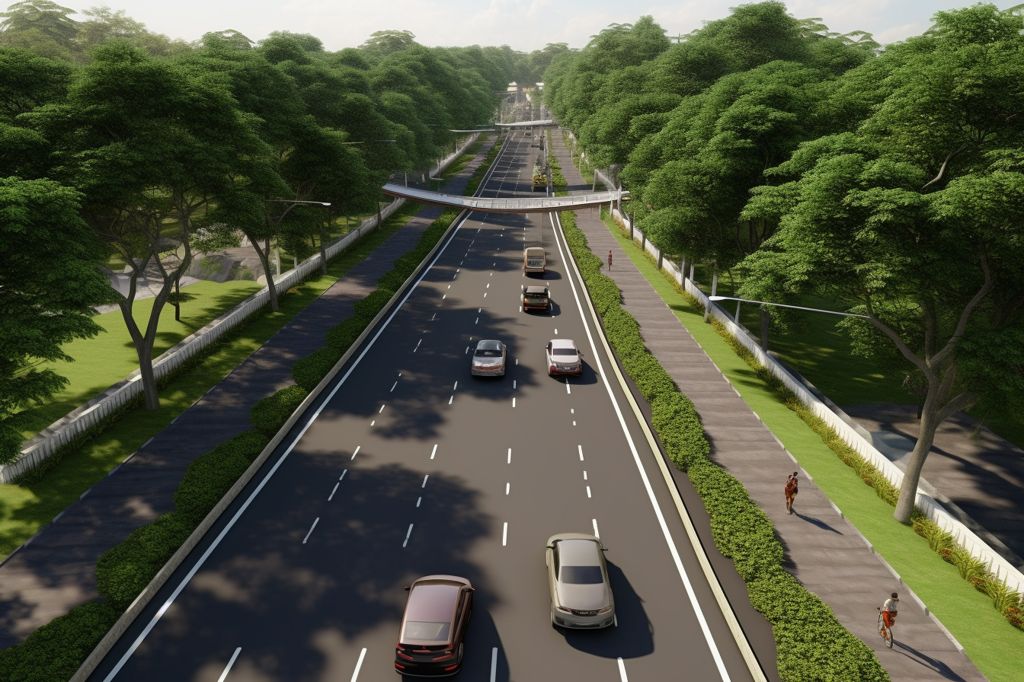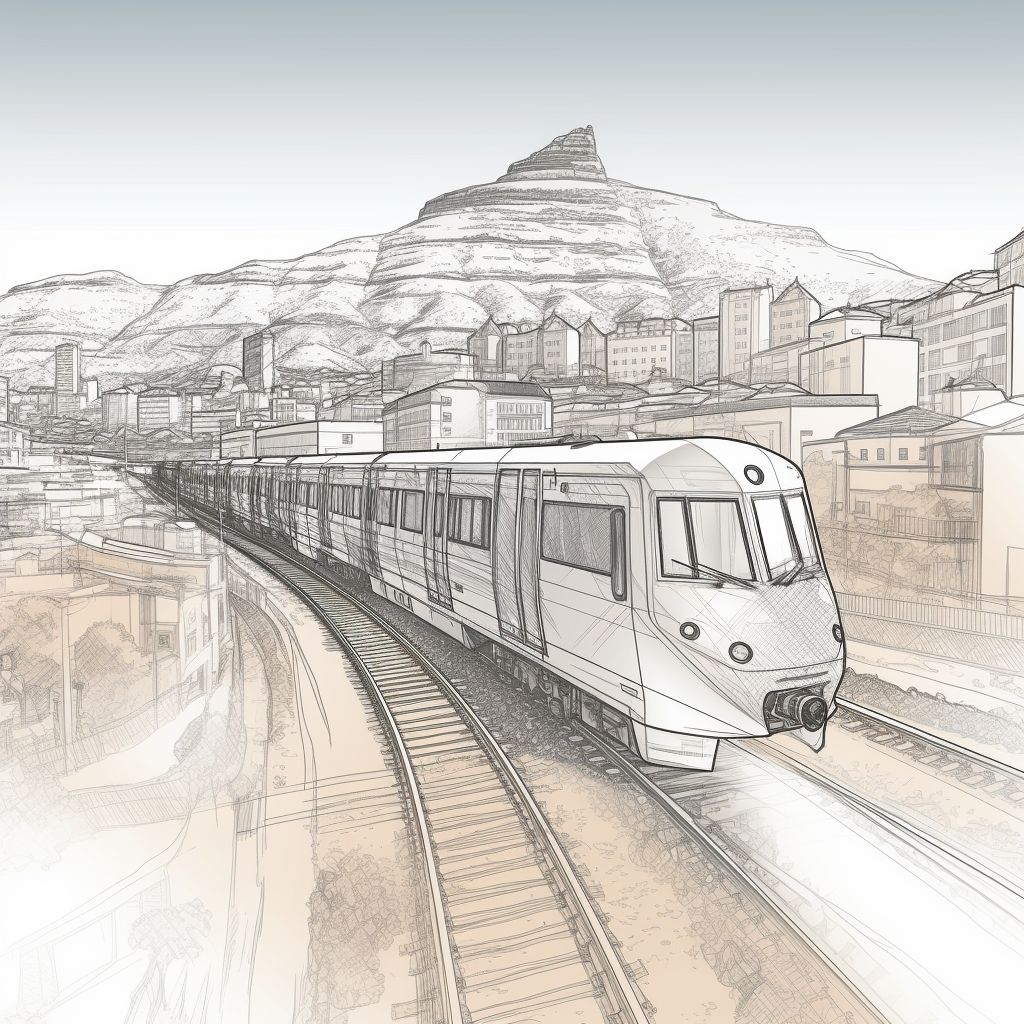The South African Department of Transport has revealed the details of its 2023/2024 financial year plans, with a budget of R79,565 billion aimed at improving transport infrastructure and services throughout the country. The investment will be focused on several key projects, including the construction, enhancement, and maintenance of roads, rail networks, public transport, rural bridges, and the aviation industry.
Collaboration and Shared Responsibility
During a recent media breakfast discussion, Transport Minister Ms. Sindisiwe Chikunga emphasized the critical role played by the department’s 12 state-owned and public entities in implementing policies and programs for the sector. Chikunga underlined the need for collaboration and shared responsibility among these entities to ensure the success of the planned projects in the upcoming fiscal year.
Road Network Improvements
A significant portion of the budget, R42.6 billion, will be allocated to enhance national and provincial road networks. The South African National Road Agency Limited (SANRAL) will receive R25.4 billion of this amount to strengthen and upgrade the national non-toll network. These upgrades will help facilitate economic growth, increase access to services, and create job opportunities in the country.
Boosting Rail Sector
The rail sector will receive a significant boost, with R20.5 billion earmarked for the Passenger Rail Agency of South Africa (PRASA). This funding will enable PRASA to continue rebuilding the commuter rail system and expand its reach, with a target of recovering 16 rail corridors in the upcoming financial year, up from 13 in the previous year. This investment aims to provide reliable, efficient, and affordable transport options for millions of South African citizens.
Public Transport Improvements
The public transport sector will also benefit from the budget allocation, with plans to improve facilities and services for taxi, bus, and integrated public transport networks (IPTNs). This focus on public transport demonstrates the department’s commitment to delivering a system that meets the unique needs and expectations of the South African people.
Aviation Sector Promising Signs of Recovery
Despite the challenges faced by the aviation sector due to the COVID-19 pandemic, there are promising signs of recovery. Airports Company South Africa (ACSA) anticipates a passenger growth of 25.2% in 2023/24, along with an increase in air transport movements of 17.3%. With ACSA’s revenue forecasted to grow to R5.7 billion, the company plans to invest in supporting provincial airports, specialized airports, and emerging technologies for freight movement.
Similarly, the Air Traffic and Navigation Services Company (ATNS) will focus on providing safe, efficient, and cost-effective air traffic management solutions. A significant portion of ATNS’s budget will be allocated to communication, surveillance, and simulator systems, with total revenue expected to increase from R1.3 billion in 2022/23 to R1.9 billion in 2023/24.
Ongoing Focus on Road Safety
Road safety remains a top priority for the Department of Transport, which is working to improve conditions for both citizens and tourists. South Africa is currently participating in the United Nations Global Road Safety Commemoration Week and has entered its second Decade for Road Safety, lasting from 2021 to 2030. The country’s ongoing 365 Days Road Safety Programme aims to reduce the number of accidents and fatalities on South African roads, making them safer for all users.
In conclusion, the South African Department of Transport’s 2023/2024 budget allocation demonstrates a strong commitment to enhancing the country’s transport infrastructure and services. By investing in roads, rail networks, public transport, and aviation, the department is taking significant steps to improve the quality of life for South African citizens and boost the nation’s economy. The ongoing focus on safety and collaboration among key stakeholders will be crucial to the success of these initiatives and the future of South Africa’s transport sector.












